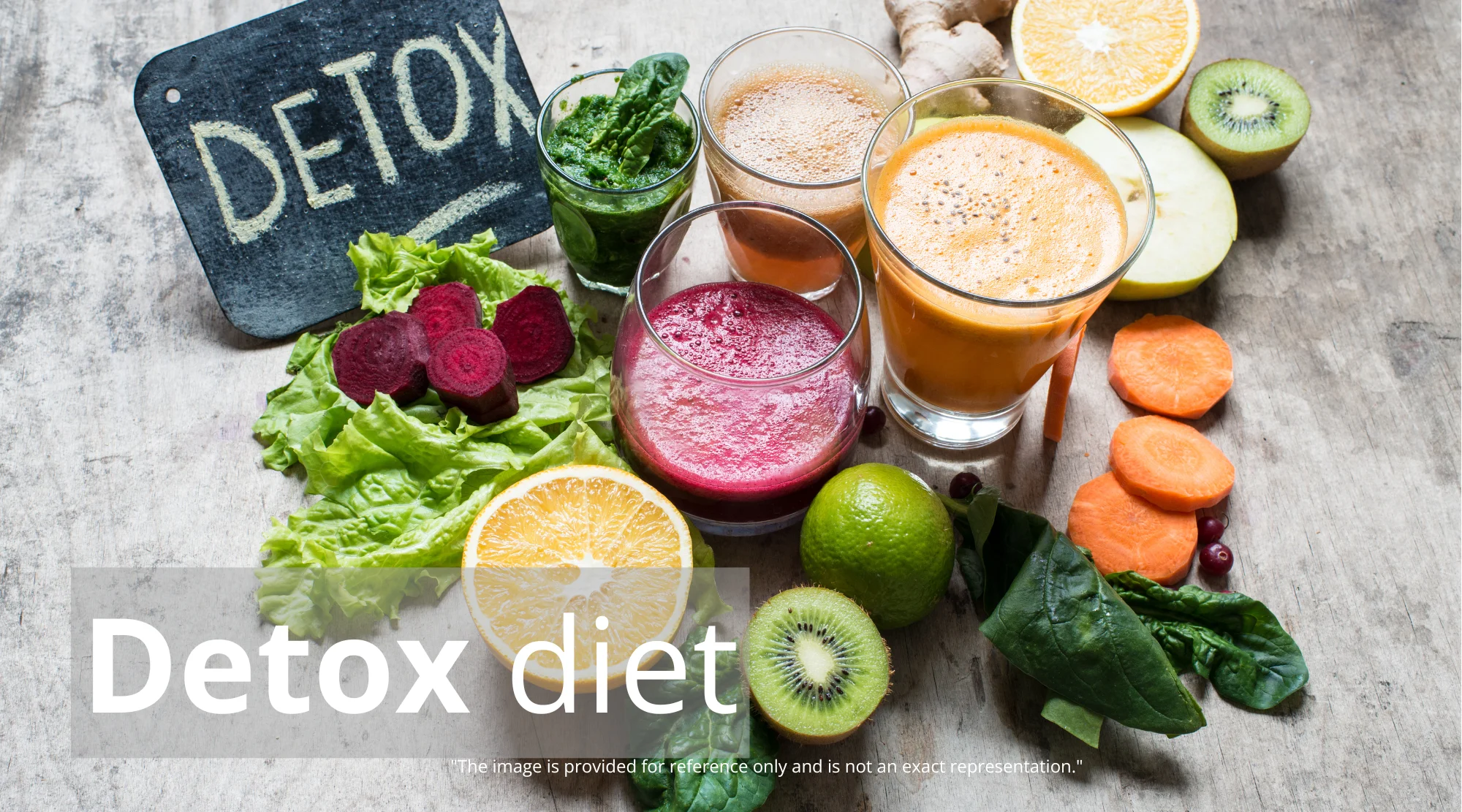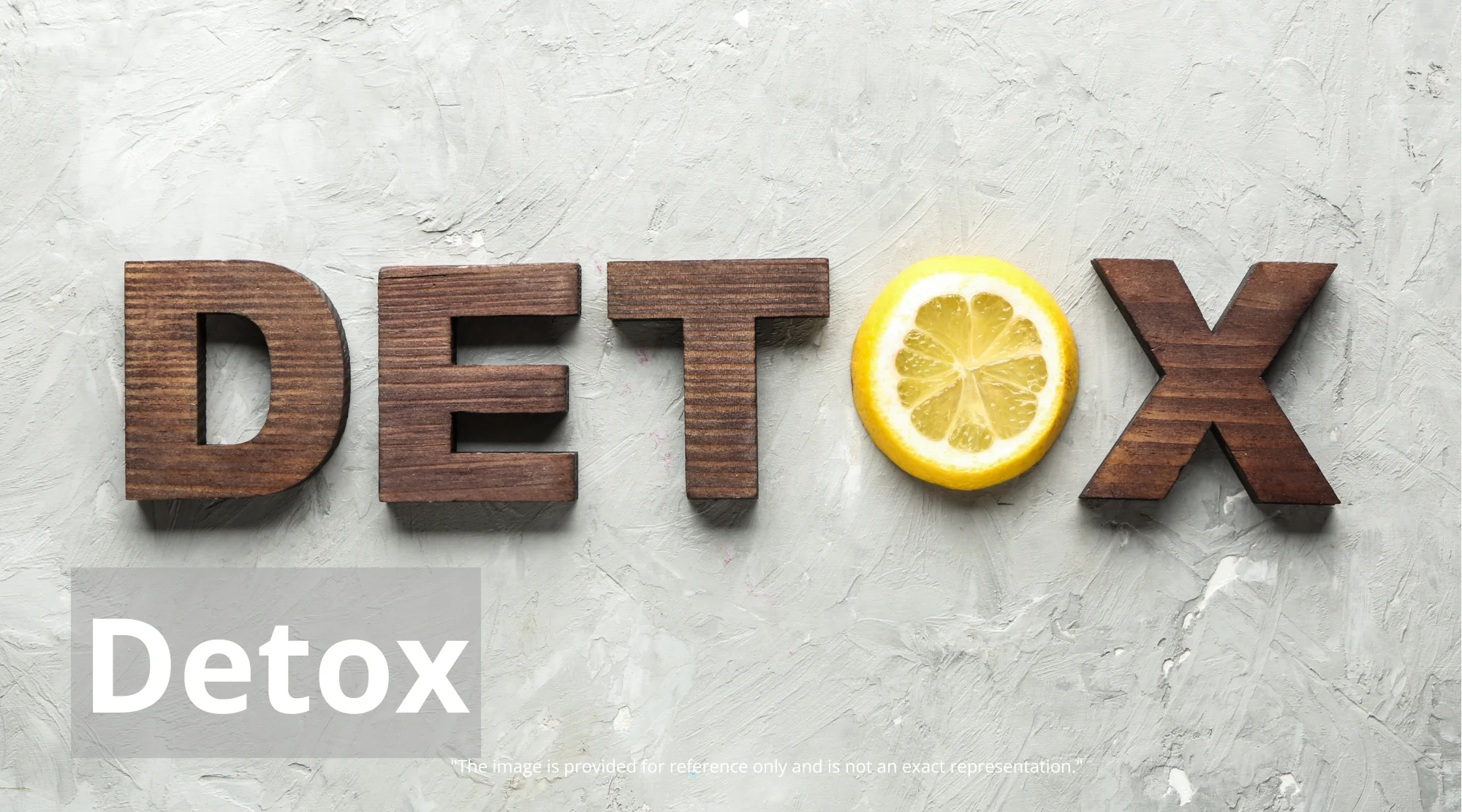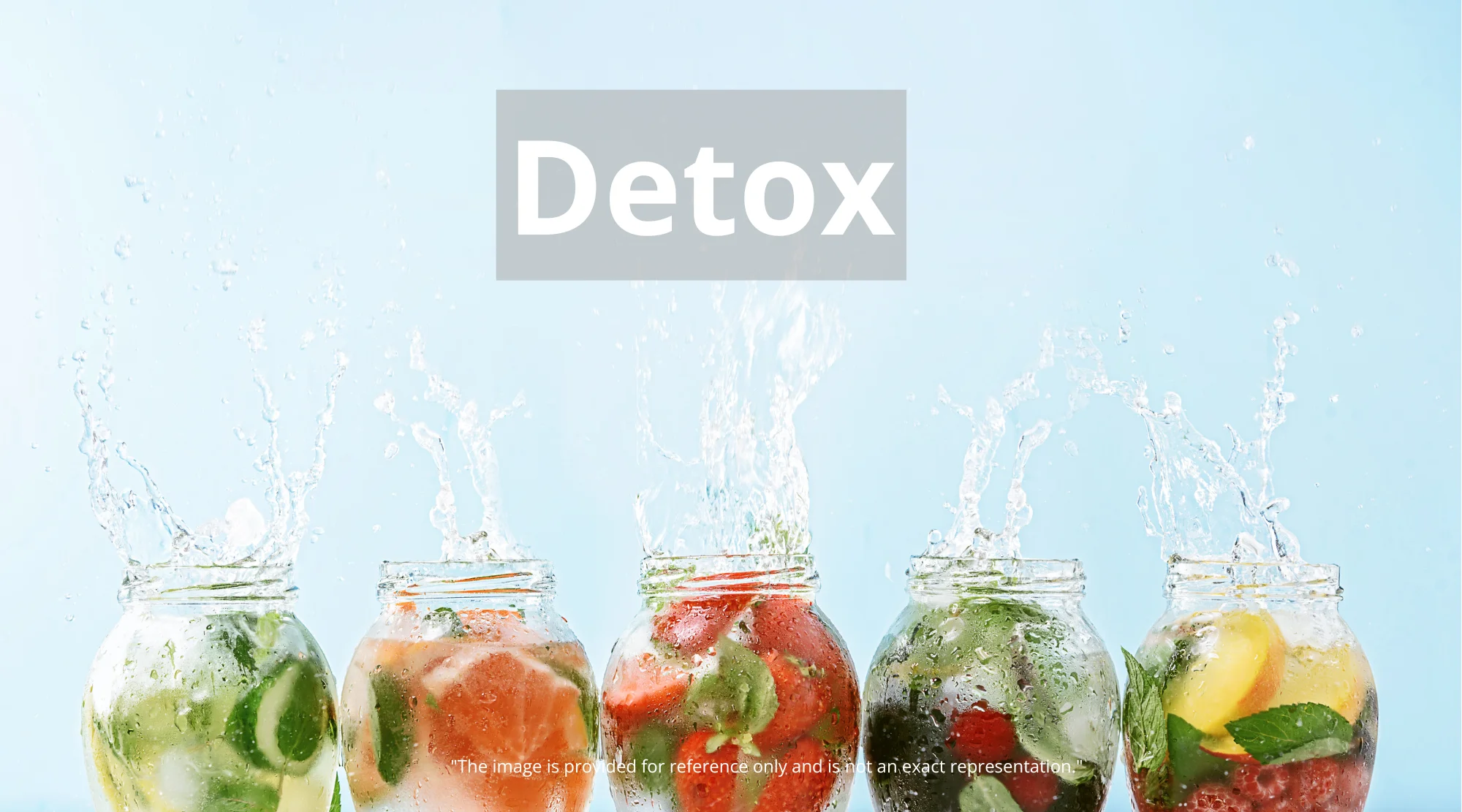Are you looking to naturally support your kidney health? Certain everyday foods possess properties that can aid in kidney detoxification and promote their optimal function. Maintaining healthy kidneys is crucial for overall well-being, as they filter waste, regulate blood pressure, and balance electrolytes.
This article explores readily available foods that can be incorporated into your diet to help keep your kidneys healthy and functioning at their best. Discover how simple dietary adjustments can make a significant difference in supporting your renal health.
Top Foods for Kidney Detoxification and Health
The kidneys are vital organs responsible for filtering waste and toxins from the blood. Supporting their function through diet is crucial for overall health. Here are several foods that can naturally help detoxify and maintain kidney healthy functioning:
1. Cranberries: A Urinary Tract Champion

Cranberries are widely recognized for their ability to prevent urinary tract infections (UTIs), a common ailment that can impact kidney health. Their active compounds prevent bacteria from adhering to the urinary tract walls, reducing the risk of infection. A healthy urinary tract contributes directly to healthy kidneys by preventing infections from ascending into the kidneys. Furthermore, cranberries possess antioxidant properties that can combat inflammation, offering added protection.
Regular consumption of cranberries, whether in juice form (unsweetened is best) or as part of a balanced diet, can be a proactive step toward maintaining urinary tract health and, consequently, supporting kidney function. Look for fresh or frozen cranberries when possible, and be mindful of added sugars in processed cranberry products.
2. Blueberries: Antioxidant Powerhouse for Renal Protection

Blueberries are packed with antioxidants, particularly anthocyanins, which contribute to their vibrant color and potent health benefits. These antioxidants play a crucial role in neutralizing free radicals, unstable molecules that can damage cells and contribute to inflammation and disease. The kidneys are particularly susceptible to oxidative stress due to their high metabolic activity.
By incorporating blueberries into your diet, you can help protect your kidneys from oxidative damage. The antioxidants in blueberries may help improve blood flow and reduce inflammation, promoting optimal kidney function. Enjoy them fresh, frozen, or added to smoothies and yogurt.
3. Watermelon: Hydration Hero for Kidney Function

Staying adequately hydrated is paramount for kidney health, as water helps flush out toxins and waste products. Watermelon, with its high water content (around 92%), is an excellent choice for promoting hydration. It also contains lycopene, an antioxidant linked to various health benefits.
Watermelon’s diuretic properties can help increase urine production, aiding in the removal of waste and preventing the formation of kidney stones. Enjoy watermelon as a refreshing snack or incorporate it into salads and smoothies. Remember to consume it in moderation due to its sugar content.
4. Apples: A Fiber-Rich Friend for Detoxification
Apples are a readily available and versatile fruit that can contribute to kidney health. They are a good source of fiber, which aids in digestion and helps regulate blood sugar levels. Fiber also binds to toxins in the gut, preventing their absorption into the bloodstream and reducing the burden on the kidneys.
Furthermore, apples contain anti-inflammatory compounds that can protect against kidney damage. Eating an apple a day, as the saying goes, may indeed help keep the doctor away and support optimal kidney function. Consider linking to Pears: Unveiling the Top 10 Reasons They’re the Ideal Fruit: https://befullbehealth.com/2025/pears-unveiling-the-top-10-reasons-theyre-the-ideal-fruit/ here.
5. Lemon Juice: Citric Acid Boost for Kidney Stone Prevention
Lemon juice contains citric acid, which has been shown to help prevent the formation of kidney stones. Citric acid binds to calcium in the urine, reducing its ability to form crystals that can lead to kidney stones. Drinking lemon juice diluted in water regularly can increase urine citrate levels, making it more difficult for stones to form.
Aim for fresh lemon juice rather than processed lemonades, which may contain added sugars and artificial ingredients. Squeeze lemon juice into your water throughout the day or use it as a flavorful addition to salads and other dishes. You can also consider consulting with a healthcare professional or registered dietitian to determine the appropriate amount of lemon juice for your individual needs. It’s important to remember that while lemon juice can be beneficial for some, it may not be suitable for everyone, especially those with certain medical conditions or sensitivities.
6. Asparagus: Natural Diuretic and Kidney Cleanser
Asparagus is a vegetable recognized for its natural diuretic properties, meaning it helps increase urine production. This increased urination aids in flushing out toxins and waste products from the body, which can ease the workload on the kidneys. Asparagus also contains antioxidants that may help protect kidney cells from damage caused by free radicals.
While asparagus offers potential benefits for kidney health, it’s important to consume it in moderation. Asparagus contains purines, which can break down into uric acid. Elevated uric acid levels can contribute to kidney stone formation in susceptible individuals. If you have a history of kidney stones or gout, consult with a healthcare professional before incorporating asparagus into your diet regularly.
7. Bell Peppers: A Low-Potassium, Vitamin-Rich Choice
For individuals with kidney disease, managing potassium intake is often crucial. Bell peppers, particularly red bell peppers, are a good source of vitamins A, C, and B6, as well as folic acid and fiber, while being relatively low in potassium. This makes them a kidney-friendly option for adding nutrients and flavor to your diet.
Bell peppers also contain antioxidants that can help protect against cell damage and inflammation. They can be enjoyed raw in salads, cooked in stir-fries, or roasted as a side dish. Incorporating bell peppers into a kidney-friendly diet can provide essential nutrients without putting undue stress on the kidneys.
8. Cabbage: A Cruciferous Champion for Detoxification
Cabbage, a member of the cruciferous vegetable family, is known for its detoxifying properties. It contains phytonutrients that can help break down toxins in the liver and kidneys, making them easier to eliminate from the body. Cabbage is also a good source of fiber, which aids in digestion and helps regulate blood sugar levels.
Furthermore, cabbage is low in potassium, making it a suitable choice for individuals with kidney disease who need to manage their potassium intake. Cabbage can be enjoyed raw in salads, cooked in soups and stews, or fermented into sauerkraut. Consider linking to Anti-Inflammatory Diets: Do They Really Work? The Science-Backed Truth: https://befullbehealth.com/2025/anti-inflammatory-diets-do-they-really-work-the-science-backed-truth/ here.
9. Cauliflower: Nutrient-Rich and Kidney-Friendly
Cauliflower is another cruciferous vegetable that offers numerous health benefits, including support for kidney function. It’s a good source of vitamin C, folate, and fiber, while being low in potassium. Cauliflower also contains compounds that can help protect against cell damage and inflammation.
Cauliflower can be enjoyed in a variety of ways, from roasting and steaming to mashing and pureeing. It can also be used as a substitute for rice or potatoes, making it a versatile and kidney-friendly addition to your diet.
10. Onions and Garlic: Flavorful Allies for Kidney Health
Onions and garlic are flavorful ingredients that can enhance the taste of your meals while providing potential benefits for kidney health. They contain compounds that may help reduce inflammation, lower blood pressure, and protect against infection. Onions are also low in potassium and contain quercetin, an antioxidant with anti-inflammatory properties.
Garlic has been shown to have diuretic effects, promoting urine production and aiding in the elimination of waste products. Both onions and garlic can be incorporated into a wide range of dishes, adding flavor and potential health benefits.
Lifestyle Tips to Support Kidney Health
In addition to incorporating these kidney-friendly foods into your diet, certain lifestyle choices can further support optimal kidney function.
- Hydration is Key: Aim to drink plenty of water throughout the day to help flush out toxins and waste products.
- Maintain a Healthy Blood Pressure: High blood pressure can damage the kidneys over time. Monitor your blood pressure regularly and work with your healthcare provider to manage it effectively. You can find helpful advice on managing blood pressure from reputable sources like the American Heart Association.
- Manage Blood Sugar Levels: Diabetes is a leading cause of kidney disease. If you have diabetes, it’s essential to keep your blood sugar levels under control.
- Limit Processed Foods, Salt, and Sugar: These can contribute to inflammation and high blood pressure, putting stress on the kidneys.
- Avoid Excessive Alcohol Consumption: Alcohol can dehydrate the body and damage the kidneys.
- Quit Smoking: Smoking damages blood vessels, reducing blood flow to the kidneys.
- Be Mindful of Over-the-Counter Medications: Certain pain relievers, such as NSAIDs, can be harmful to the kidneys if taken regularly or in high doses.
- Regular Exercise: Engage in regular physical activity to improve overall health and support kidney function.
- Get Enough Sleep: Aim for 7-8 hours of quality sleep each night to allow your body to repair and regenerate.
By adopting these lifestyle habits, you can create a supportive environment for your kidneys to thrive.
Conclusion: Prioritizing Kidney Health Through Diet and Lifestyle
Maintaining healthy kidneys is essential for overall well-being. By incorporating kidney-friendly foods into your diet and adopting healthy lifestyle habits, you can support their function and protect them from damage. Remember that a balanced diet, adequate hydration, and regular exercise are key components of a kidney-healthy lifestyle. If you have any concerns about your kidney health, consult with a healthcare professional for personalized advice. By making informed choices and prioritizing your health, you can keep your kidneys functioning at their best for years to come.













Post Comment